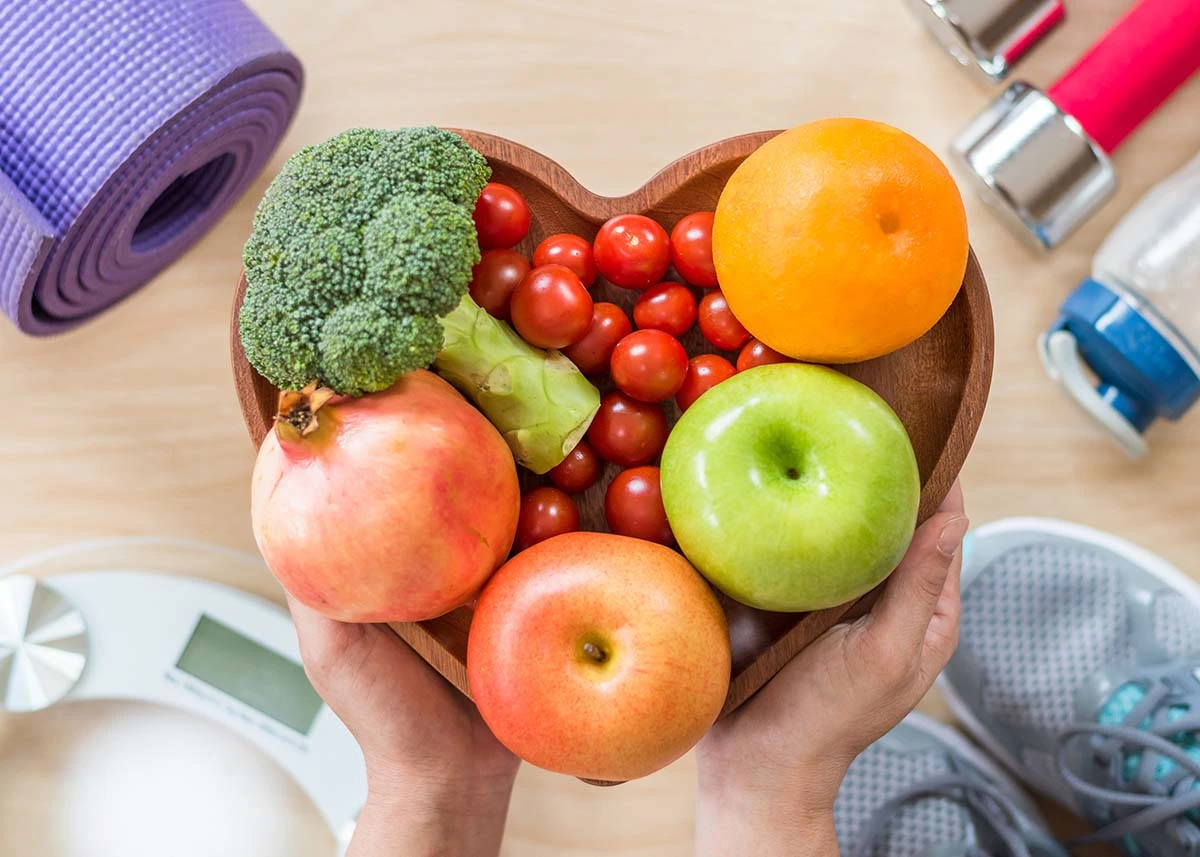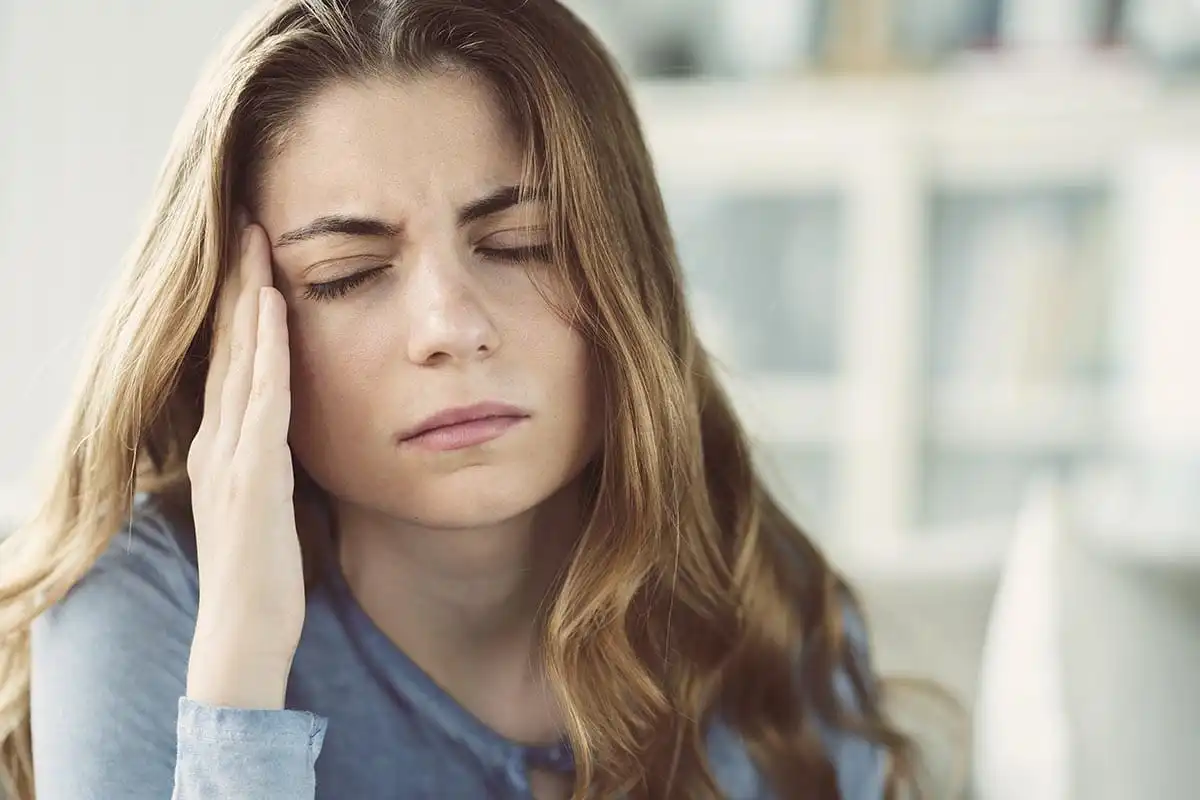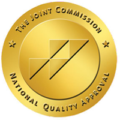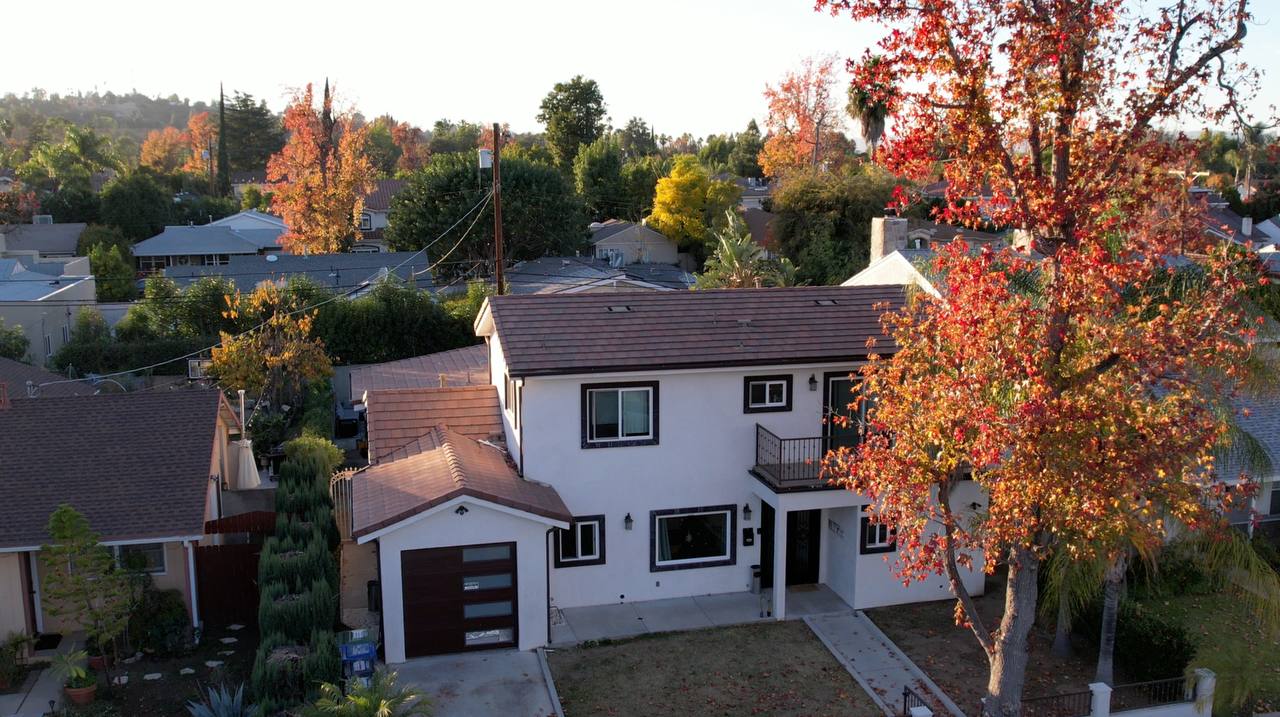Embarking on the path of recovery from addiction is a significant milestone, marking the courageous decision to embrace change and strive for a healthier, fulfilling life. However, it’s important to acknowledge it is not without challenges like relapse prevention. The real test lies in staying the course, resisting the pull of addiction, avoiding triggers, and preventing a relapse.
While the road to recovery may seem tough, you are not alone. Surrounding yourself with support, whether it’s from loved ones or professionals, can make a world of difference. Through various treatments focused on your needs, you can learn effective strategies to maintain your recovery from drug or alcohol addiction.
By addressing the underlying causes of addiction, developing coping mechanisms, and nurturing a strong support network, you can build a solid foundation for long-term recovery. A transformative journey awaits. Read on and explore how treatment can provide the guidance and resources to help you maintain your well-deserved recovery.
Understanding the Cycle of Addiction

Definition of Addiction
Addiction is not a sign of weakness or a lack of willpower. It’s a complex and complicated condition. Science now knows addiction is a disease characterized by compulsive substance use despite the negative and detrimental consequences it brings. This chronic disorder intricately affects the brain’s reward system, leading to persistent cravings and impaired decision-making abilities. The intricate nature of addiction requires empathy and support for your challenges. So, does this resonate with you?
The Addiction and Relapse Cycle
Your addiction likely intensely focuses on using a certain substance. Whether it is alcohol or drugs, it gets to the point where it takes over your life. Often, in situations like this, people fall into a cycle of addiction where relapses follow periods of sobriety. Picture it as a vicious cycle that keeps spinning until something breaks it.
The Role of Treatment in Breaking the Cycle
Different Forms of Addiction Treatment That Support Relapse Prevention
Breaking free from the addiction cycle is a complex and personalized experience. It encompasses a range of treatments, including medication, therapy, self-care practices, and participation in support groups. Each component plays a distinct role in supporting you in long-term recovery. By combining these diverse strategies, you can navigate the challenges of addiction and begin the healing process.
The Long-Term Nature of Recovery
Transitioning from active addiction to recovery is not a sprint but a marathon. The process of treatment goes beyond simply stopping substance use. It entails providing you with the essential tools and strategies to prevent relapse in the long run. Equipping you with these skills, you’ll navigate the challenges with stability. You’ll build a solid foundation for lasting sobriety and achieve a more fulfilling life.
Strategies for Relapse Prevention
Building a Support Network
A strategy for success includes building a strong support network that consists of people who truly understand and empathize with your struggles. A supportive community of like-minded people who share your vision and goals can make a difference.
Surround yourself with people who have gone through similar challenges and triumphs. You gain access to their wisdom and experience. They can offer guidance, provide valuable insights, and even open doors to new opportunities. Furthermore, people that understand your experiences more deeply can offer belonging and motivation during tough times.
Remember, no person is an island. The power of human connection and understanding can push you forward. So, invest in fostering strong relationships with those who support and uplift you. The benefits will extend far beyond what you can imagine.

Developing Healthy Coping Mechanisms for Relapse Prevention
Cultivating and practicing healthy coping mechanisms can significantly contribute to preventing relapse. These coping mechanisms act as an armor shield, safeguarding you from potential harm. You are protected from events that could derail your progress and jeopardize your recovery. By establishing effective strategies, you build resilience and equip yourself with useful tools. Developing these skills helps you navigate challenges that may arise throughout your recovery.
Continuing Therapy and Counseling
Even after treatment, continuing therapy and counseling can immensely benefit your well-being. It’s akin to having a constant guide providing valuable support, insights, and strategies. They show you the path to stay on track during challenges and transitions. With ongoing professional help, you can nurture and maintain your progress. That helps to boost your long-term emotional and mental health.
Success Stories of Relapse Prevention
Real-Life Examples
Throughout the years, we have come across numerous inspiring stories. We have met many people who have maintained their recovery for an extended period of time. Consequently, these remarkable individuals prove one can recover long-term after addiction treatment. Their stories ignite hope and emphasize the possibility of achieving lasting recovery.

Emphasizing the Importance of Continuous Effort
Staying in recovery and preventing relapse requires unwavering dedication and constant vigilance. It’s a challenging task that demands perseverance and a deep commitment to personal growth and self-care. Consistently practice healthy coping mechanisms, seek support from loved ones, and actively engage in therapy or support groups. Accordingly, you can bolster your chances of successfully navigating recovery and avoiding the pitfalls of relapse. The path to sustained sobriety becomes more achievable with steadfast determination and a comprehensive addiction treatment strategy at Avedis Recovery.
Addiction Relapse Prevention in Los Angeles, CA
Recovery from addiction can be tough and marked by challenges along the way. However, you can achieve sobriety with the right tools, strategies, and support system from Avedis Recovery. If relapse happens, you should not see it as a sign of failure. Instead, view it as an opportunity to reflect, learn, and strengthen your resolve and commitment to the path of recovery. Embrace the setbacks and use them as stepping stones to a healthier and more fulfilling life. Keep pushing forward, knowing that overcoming obstacles brings you closer to a brighter tomorrow.
Frequently Asked Questions
- How is relapse a part of recovery from addiction? Relapse can be a part of recovery from addiction as it serves as a learning opportunity and a chance for individuals to reassess and reinforce their commitment to sobriety.
- Does therapy help in preventing relapse? Therapy can help prevent relapse by providing individuals with the tools and support to address underlying issues and develop coping strategies.
- How does a support network help recovery? A support network plays a crucial role in recovery by providing emotional support, guidance, and encouragement.
- Can I recover from addiction? Anyone can recover from addiction with proper support, guidance, and determination.
- What coping mechanisms help relapse prevention? Some helpful coping mechanisms for relapse prevention include practicing mindfulness, seeking support from loved ones, and engaging in healthy activities that promote relaxation and stress relief.














